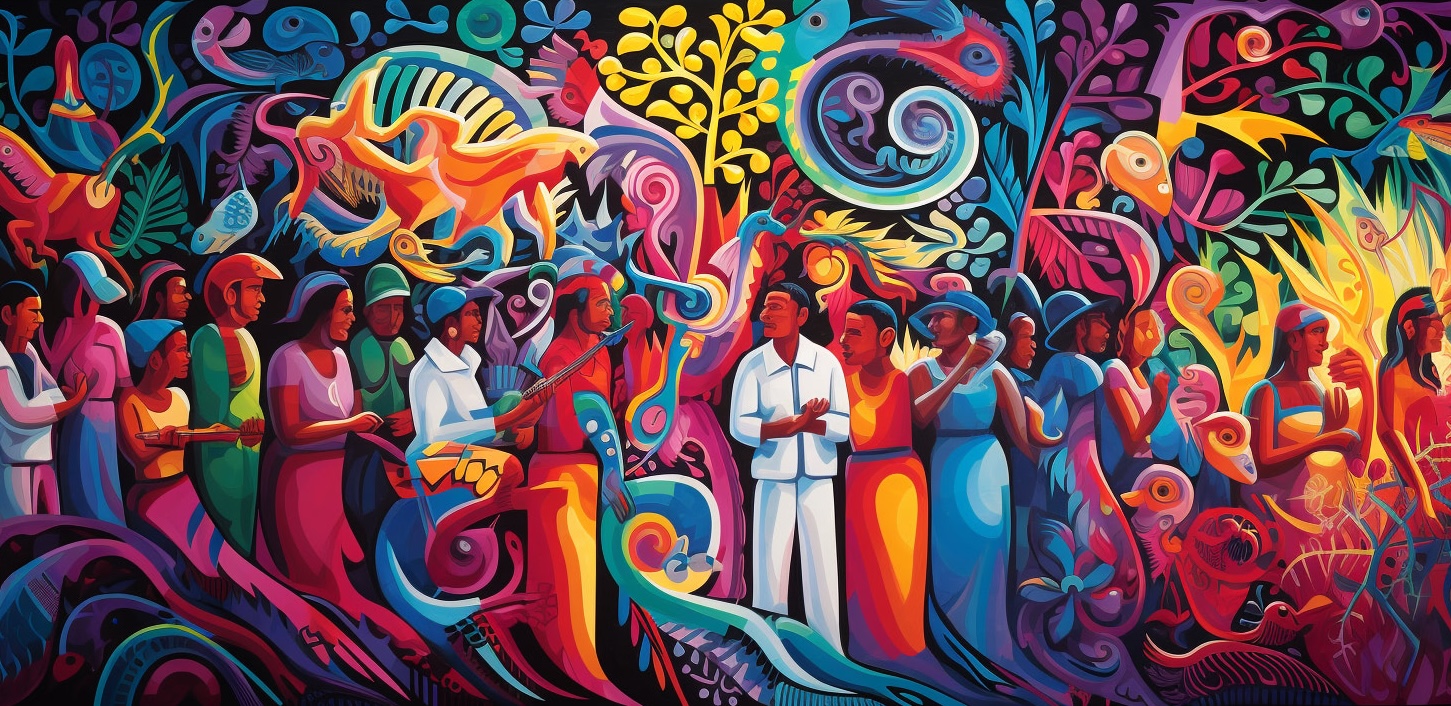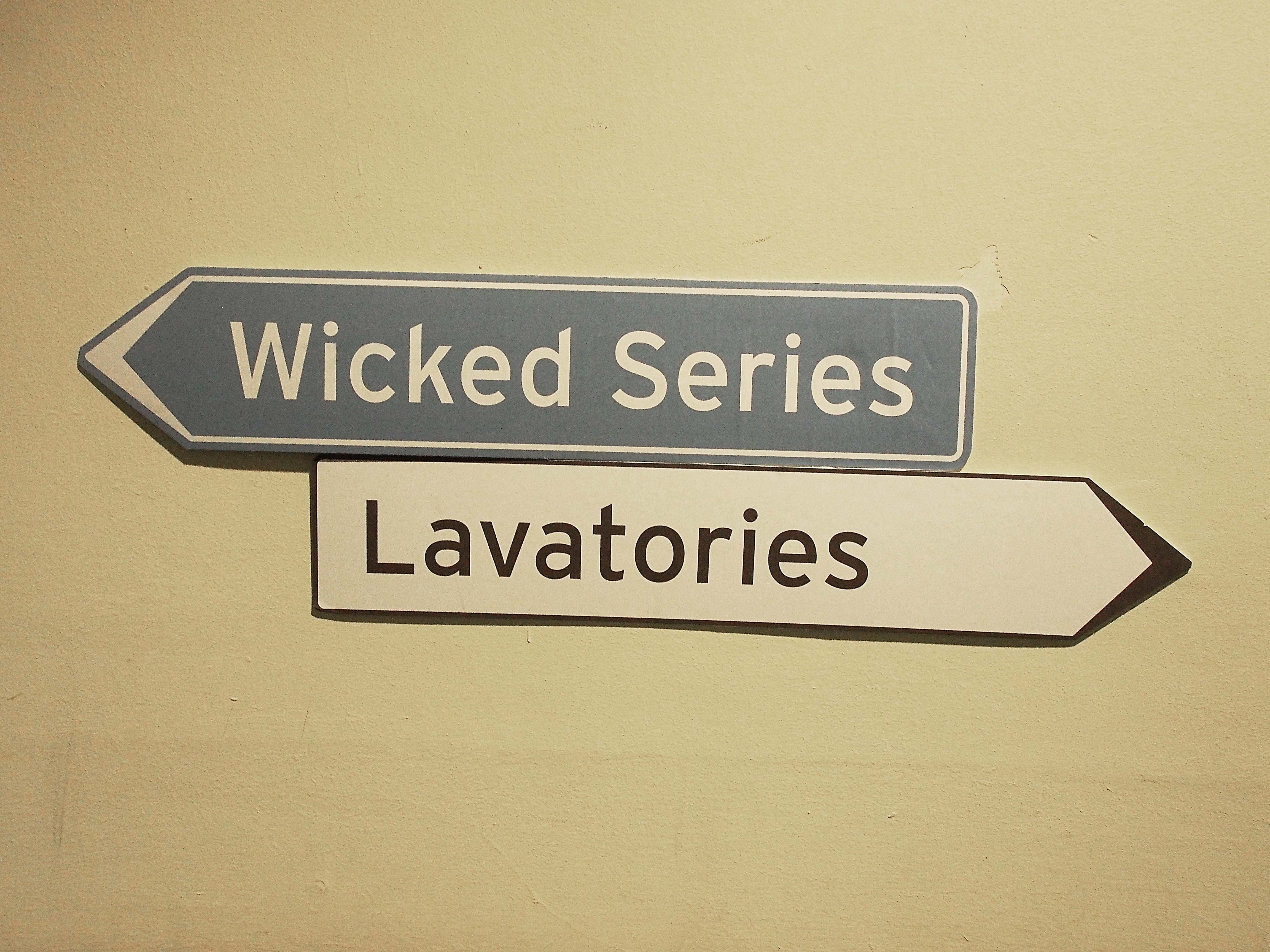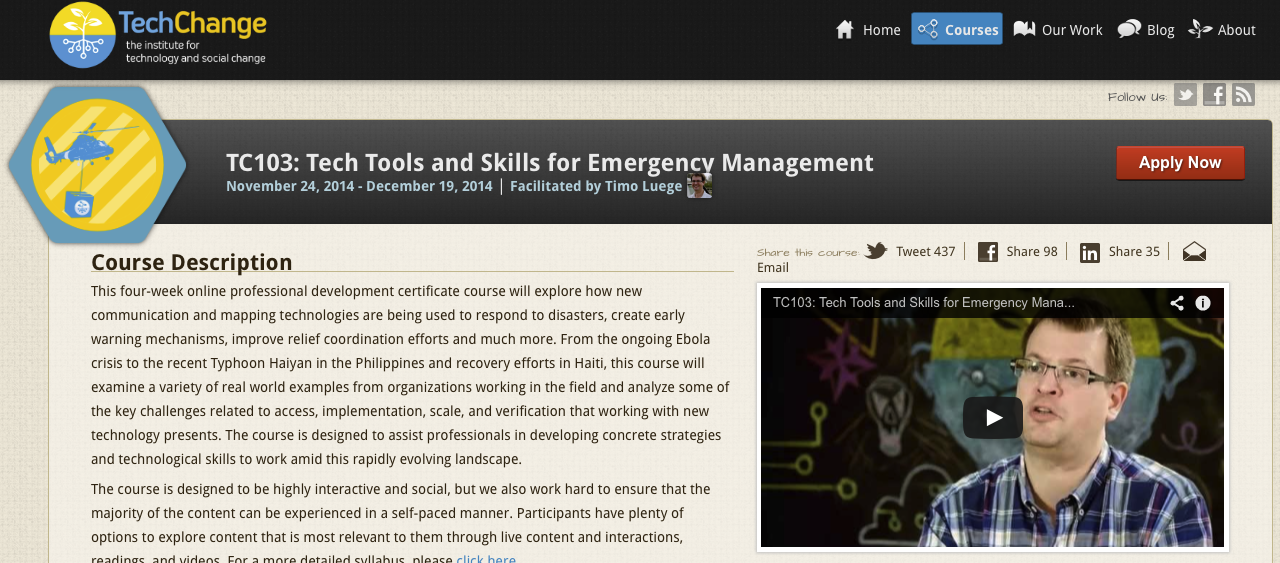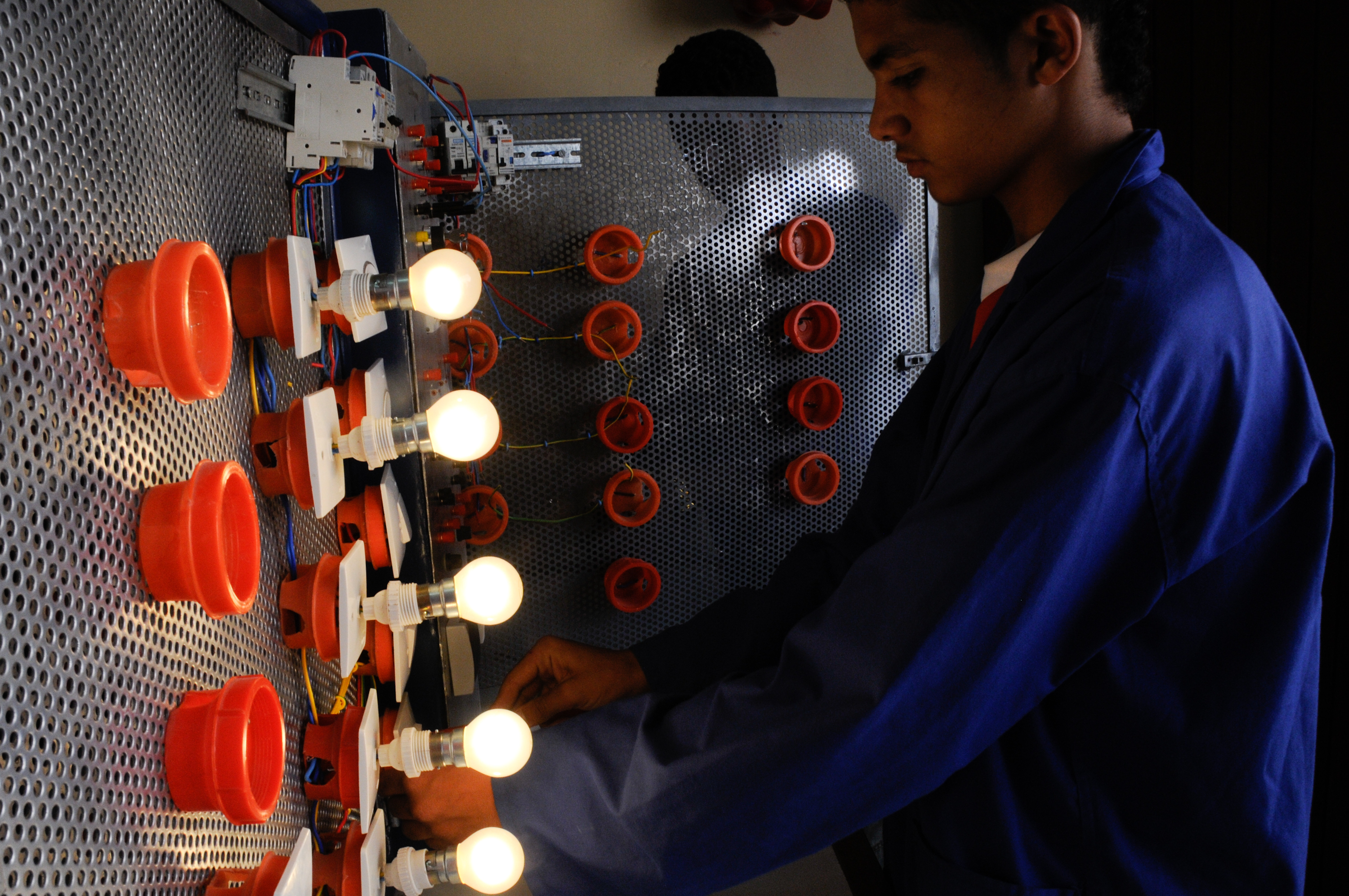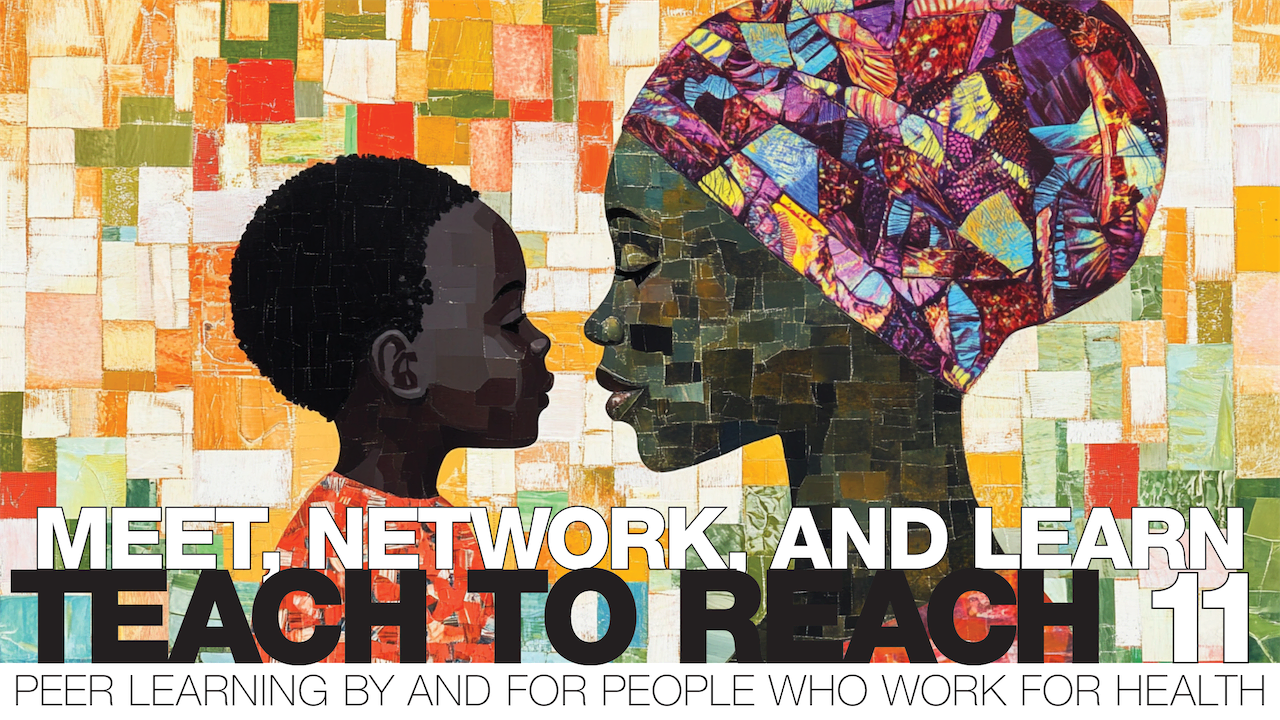
We need new ways to tackle global health challenges that impact local communities. It is obvious that technology alone is not enough. We need human ingenuity, collaboration, and the ability to share across borders and boundaries. That is why I am excited about Teach to Reach. Imagine if we could tap into the collective intelligence of over 20,000 health professionals working on the front lines in low- and middle-income countries.
